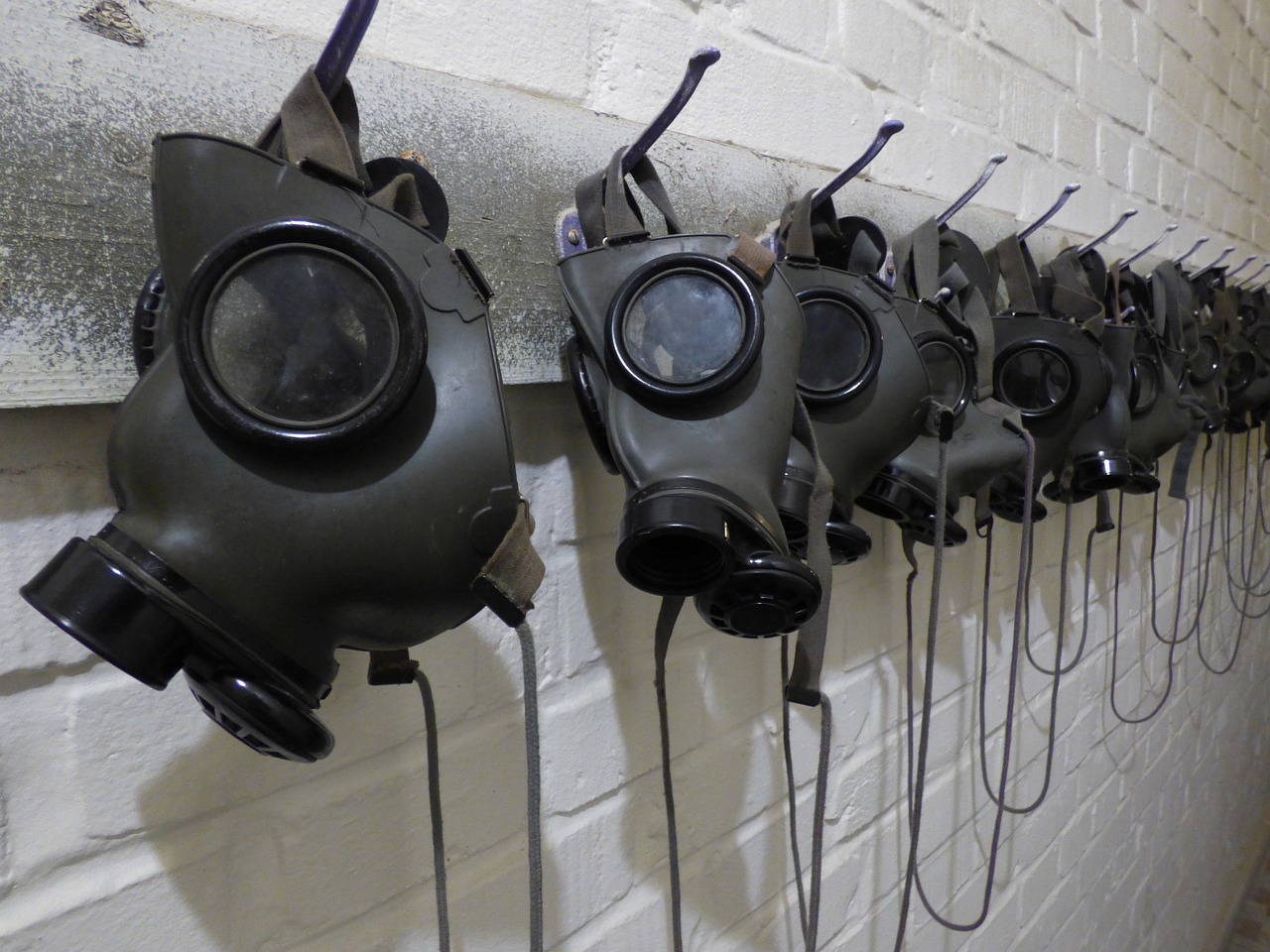Already a subscriber? Make sure to log into your account before viewing this content. You can access your account by hitting the “login” button on the top right corner. Still unable to see the content after signing in? Make sure your card on file is up-to-date.
The White House expressed significant concern following Alabama’s execution of Kenneth Smith using nitrogen gas, a new method in capital punishment.
White House Press Secretary Karine Jean-Pierre said, “The reports of Kenneth Smith and his death last night obviously is very troubling. It is very troubling to us as an administration, it is very troubling to us here at the White House.” Jean-Pierre added that President Biden has longstanding reservations about the implementation of the death penalty and its alignment with American values.

What Happened:
Kenneth Smith was executed on Thursday night in Alabama, marking the first use of nitrogen gas in American capital punishment. He was convicted of a murder-for-hire crime in 1988. The execution method, involving nitrogen gas-induced oxygen deprivation, has sparked some criticism for potentially violating the constitutional ban on cruel and unusual punishment. The Supreme Court declined to stop the execution, but Justice Sonia Sotomayor dissented, describing Alabama’s use of Smith as a “guinea pig” for this new method.
Accounts of Smith’s execution varied, with some witnesses describing it as violent. Alabama officials had anticipated Smith would lose consciousness quickly under their protocol, using a commercial respirator mask connected to a nitrogen canister. However, media witnesses reported that Smith remained conscious for several minutes and then exhibited physical distress.
Alabama has offered guidance to other states on implementing nitrogen gas asphyxiation for executions, with Attorney General Steve Marshall stating, “Alabama has done it, and now so can you, and we stand ready to assist you in implementing this method in your states.”
This comes as Oklahoma and Mississippi have legalized nitrogen asphyxiation for executions, though they have yet to utilize it. Marshall asserted that nitrogen asphyxiation, which replaces lethal injections struggling with logistical issues, is a “proven” method, not merely an untested one.






